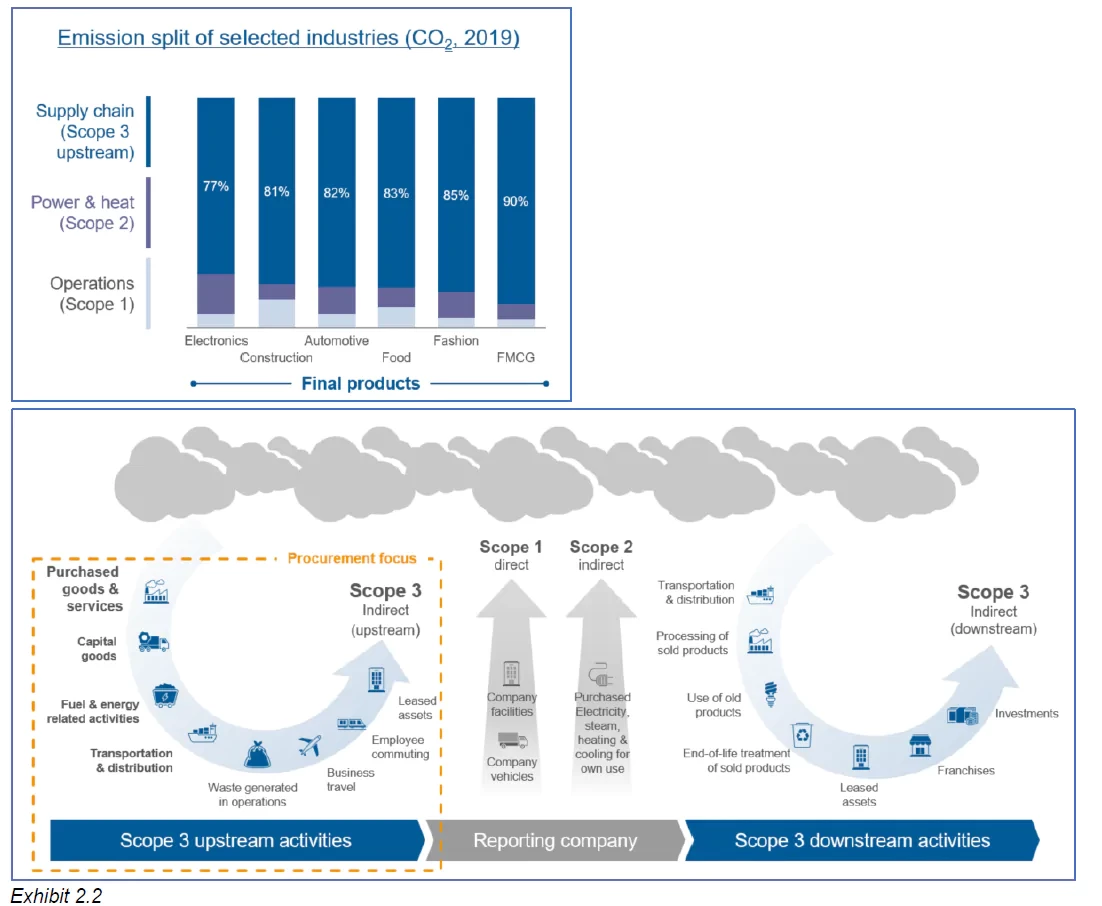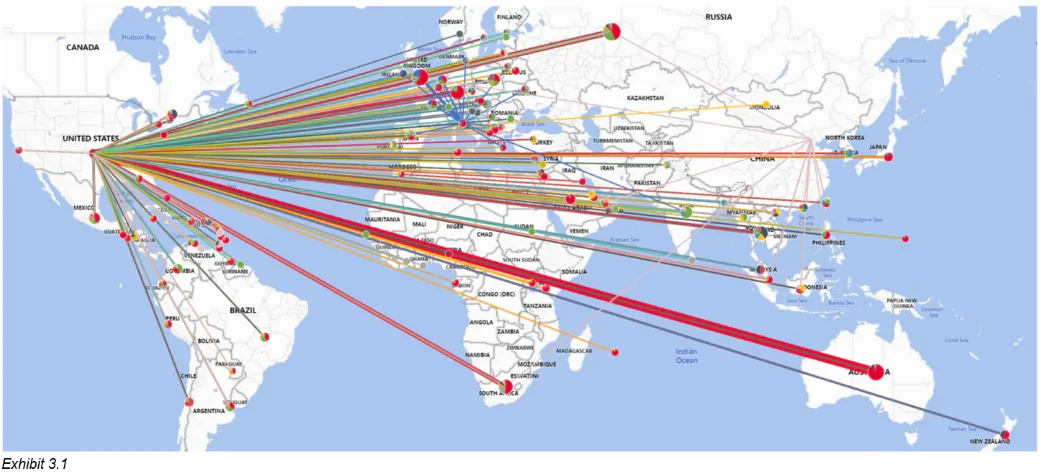Inverto Case: Fast Dish Restaurant
Fast Dish, a publicly traded Quick Service Restaurant (Franchise) company with over €20 billion in revenue and more than 20.000 restaurants globally, has recently faced major challenges with regards to supply chain management and sustainability.
The client's top management has engaged the SCM and procurement specialized consultancy Inverto to advise the company in this critical situation.
Part I
An initial meeting with the CPO of Fast Dish will be conducted tomorrow. Fast Dish aims to discuss optimization potentials in the current collaboration with suppliers as well as levers to improve the supply chain resilience & carbon footprint.
Unfortunately, Fast Dish has only submitted the following data for the sub-category ‘Fryers’ in the category ‘Core Kitchen Equipment’ yet. The top-5 suppliers count for 80% of the annual spend.
For the initial meeting with the CPO, your Project Manager asks you to evaluate savings potentials. Which procurement levers would you suggest to further investigate under consideration of Total Costs of Ownership (TCO) (Definition: an estimate of all the direct and indirect costs involved in acquiring and operating a product or system over its lifetime)? What are potential risks that might occur considering the current supplier landscape?
Part II
The CPO is enthused about the initial analysis and the saving potentials for ‘Fryers’. Nevertheless, he has doubts how to merge the optimization with Fast Dish’s ambition to reduce carbon emission by 50% by 2030 and to reach net-zero by 2050. In preparation, the CPO found the emission split data in a BCG report. Furthermore, a value chain emission definition is handed over to you. The CPO is curious about the impact of procurement on Fast Dish’s emissions and asks you to further explain how improvements in the supply chain (Scope 3 upstream) can support to reach the company’s carbon emission reduction goals. The CPO especially wants to know about changes of products, processes & organization in the sub-category of ‘Fryers’ that might lead to lower emissions.
Part III
Besides reaching the carbon emission goals, Fast Dish aims to strengthen the supply chain by strategically maintaining its resilience since labor shortages, global freight delays and increased logistic costs are putting the market under pressure.
In order to further investigate the supply chain, Fast Dish provides you a general overview of the current spend by supplier, country of origin and destination for the commodity ‘Kitchen Equipment’.
The CPO wants to conduct a Request for Proposal (RfQ) and is keen to know about your approaches to mitigate supply chain risks while increasing ecological sustainability. As main targets of the RfQ, the CPO mentions the potential introduction of new suppliers and the establishment of strategic partnerships with incumbent suppliers.
You are being asked to come up with approaches that a) strengthen the entire supply chain resilience, b) improve the company's carbon footprint and c) address both - supply chain resiliance and sustainability - at the same time.
Part IV (optional)
Part IV does not count towards the 45 min case and can be solved if there is still time left.
The CPO received a request by a well-known german newspaper to participate in an interview. The interview topic refers to the geopolitical tension and how companies handle the increasing prices on the energy market. He hasn't had capacities to prepare for the interview, so he asks you to brainstorm potential approaches Fast Dish could take to mitigate the impact of increased energy prices.








